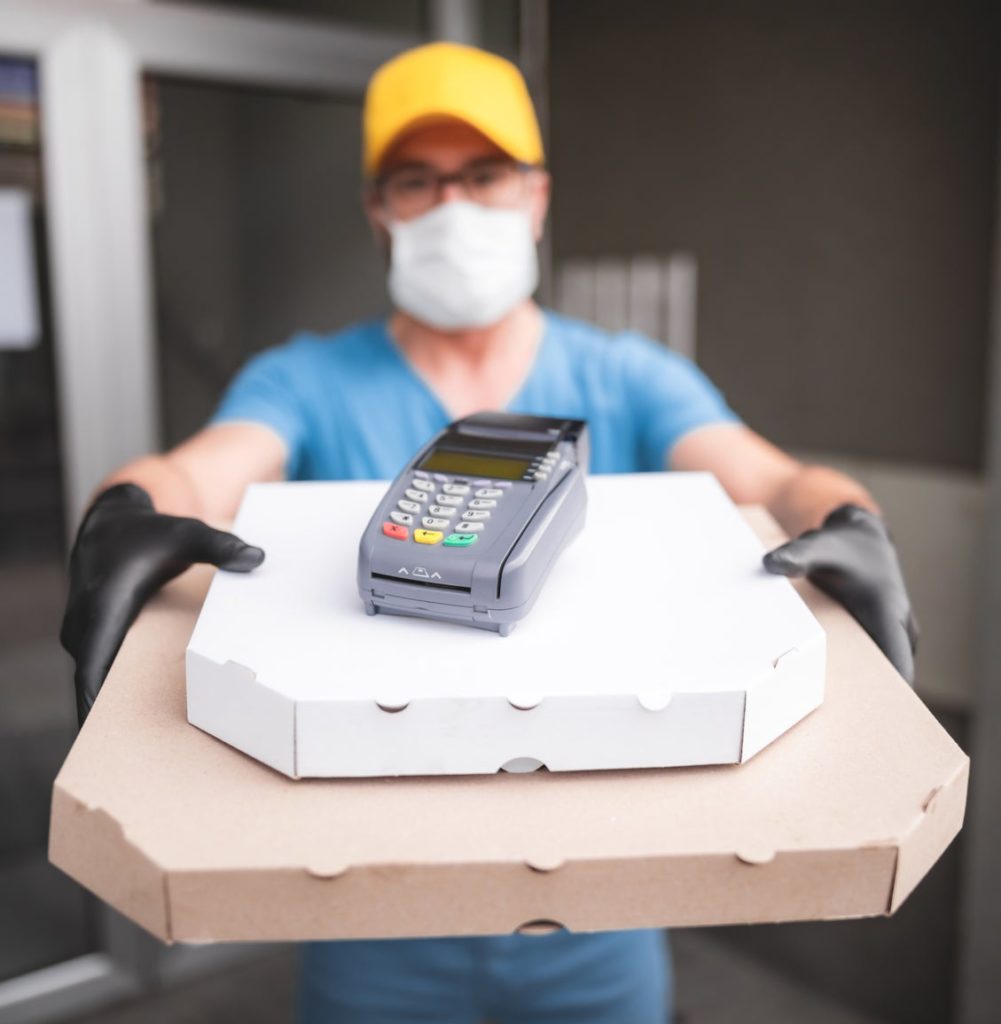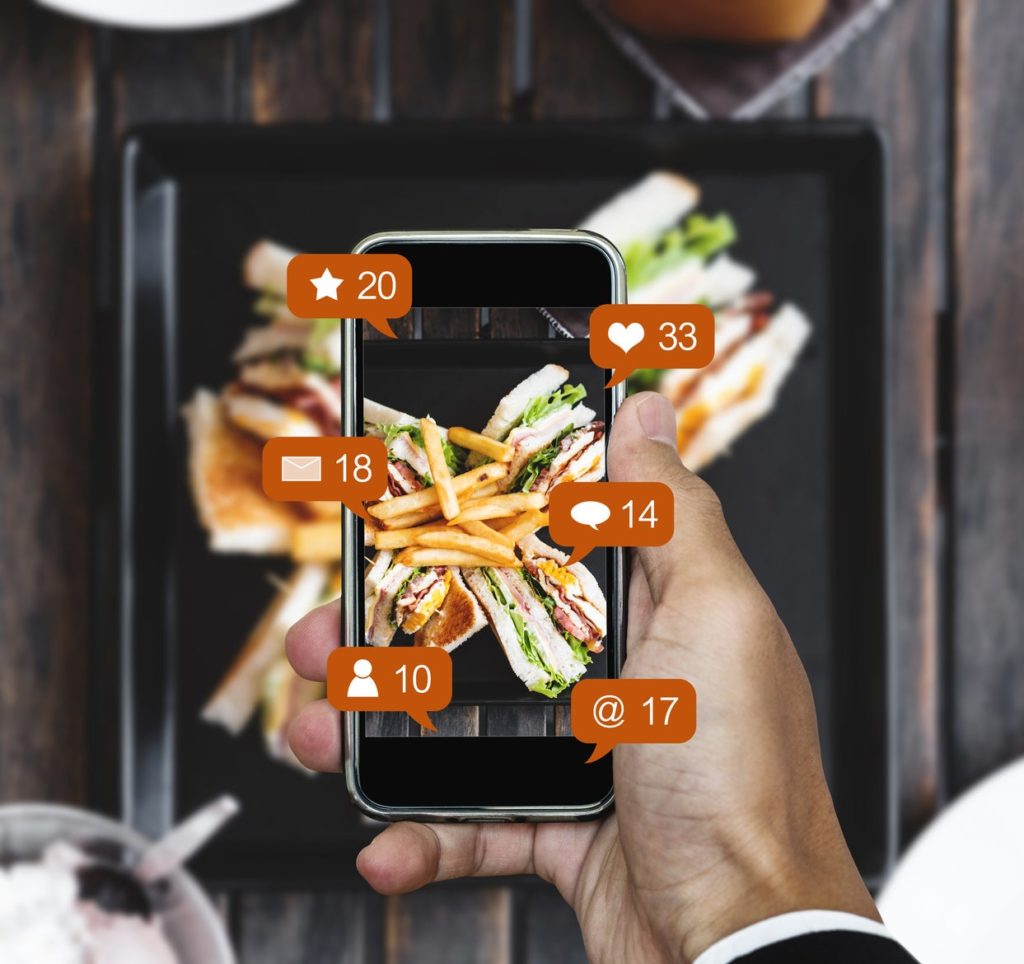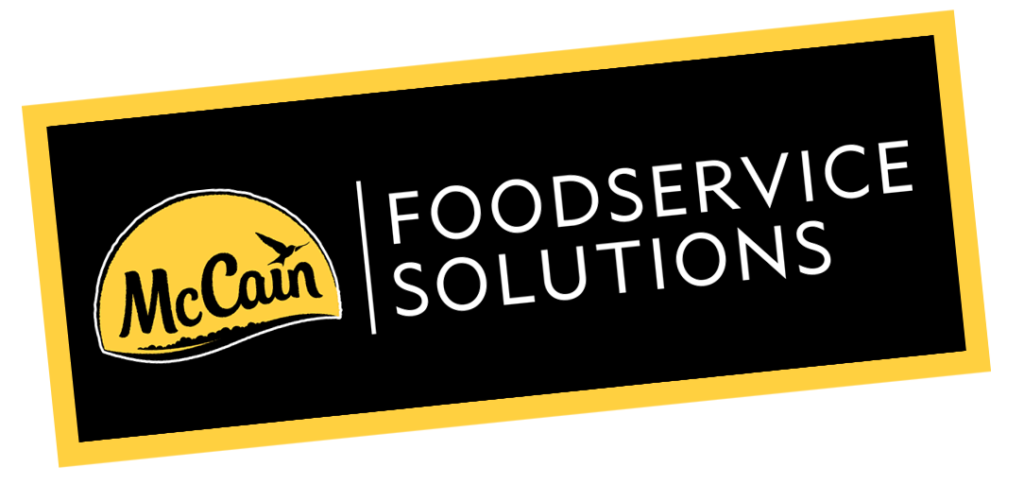Restaurants Rethink Messaging to
Highlight Family, Community

Operators are revamping their communication strategies during the COVID-19 pandemic to highlight their community connections, showcase family meal solutions and remind consumers of their efforts to protect customer health and safety.
Restaurants around the country have transitioned to focus exclusively on off-premises consumption, whether through takeout, curbside pickup or delivery. Promotion of these options often seeks to convey operators’ social distancing efforts, such as contactless delivery and curbside pickup in which groceries are placed directly into customers’ trunks without them having to leave their cars.
Maeve Webster, president of consulting firm Menu Matters, suggests that restaurants create messaging that reinforces the shared community experience during the crisis.
“Consumers now have a much greater sense of community and social bonding, so messages focusing on ‘we’re in this together’ as a tone will resonate emotionally,” she says.
She suggests highlighting how customers’ purchases help the restaurant support families in need, or first responders or medical personnel, for example. She also recommends discussing how restaurants support the local economy by helping keep people employed.
Solutions-based messaging will also resonate, Webster says. This could include promoting the ability to save time by ordering prepared meals, for example, or the opportunity to learn new skills by ordering meal kits from restaurants.
“Consumers now have a much greater sense of community and social bonding,”
– Maeve Webster, President of Menu Matters
On the other hand, operators should resist the temptation to merchandise profit-killing, ultra-low prices to drive traffic.
“It may provide a short-term boost, but the longer the price remains low, the more an operator’s image and perceived quality is negatively impacted—‘if it’s cheap, it must not be great’—and those price discounts are often a hole nearly impossible to climb out of once patrons are trained to expect the low price,” Webster says.
“We want to help by making it easier for you to stock your fridge with wholesome, home-style foods.”
– Junzi Kitchen
Support for Families and Communities
The Chicago-based research firm offered fast-casual operator Junzi Kitchen in New York as one example of a restaurant that created family meal promotions just for the pandemic. The Junzi Family Meal includes larger portions of its vegetables, proteins and sauces, while the Junzi à la Carte offerings allow consumers to order individual menu items by the pint or by the quart.
“As everyone does their part in slowing the spread of the virus with social distancing, we want to help by making it easier for you to stock your fridge with wholesome, home-style foods,” the restaurant says in its promotion for the new offerings.
In addition, Junzi provides a platform for customers to buy the operator’s signature bowls to donate to individual healthcare workers and first responders in the New York area. Junzi had donated 1,500 meals through the Share a Meal program as of April 24, according to its website.
“Think about what you can do for your community, and message it,” says Jack Li, of Datassential. “It really is the one thing that people are going to remember the most.”
Operators are revamping their communication strategies during the COVID-19 pandemic to highlight their community connections, showcase family meal solutions and remind consumers of their efforts to protect customer health and safety.
Restaurants around the country have transitioned to focus exclusively on off-premises consumption, whether through takeout, curbside pickup or delivery. Promotion of these options often seeks to convey operators’ social distancing efforts, such as contactless delivery and curbside pickup in which groceries are placed directly into customers’ trunks without them having to leave their cars.
Maeve Webster, president of consulting firm Menu Matters, suggests that restaurants create messaging that reinforces the shared community experience during the crisis.

Promotions help bring families together and bolster the vital role that restaurants can play in helping their communities.
– Junzi Kitchen
Shared Online Experiences
Similarly, Seattle fine-dining restaurant Canlis offers access to a live-streaming pianist online for people to enjoy with their meals. And on Friday nights, it hosts an online bingo game where the winner receives a delivery of groceries from the restaurant, along with a $100 Canlis gift card and two rolls of toilet paper.
Promotions such as these help bring families together and bolster the vital role that restaurants can play in helping their communities weather the crisis. Operators that succeed in providing some level of comfort to their customers during this time can expect to see lasting goodwill for their brand in the long term.


